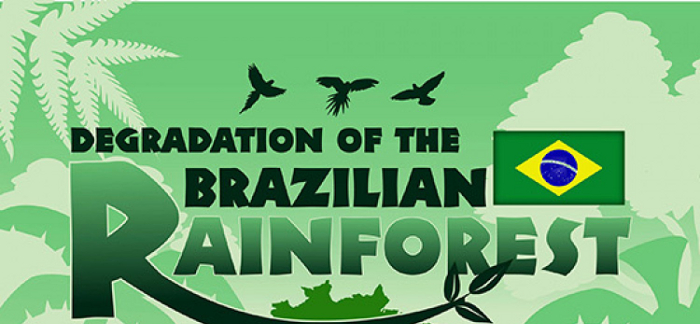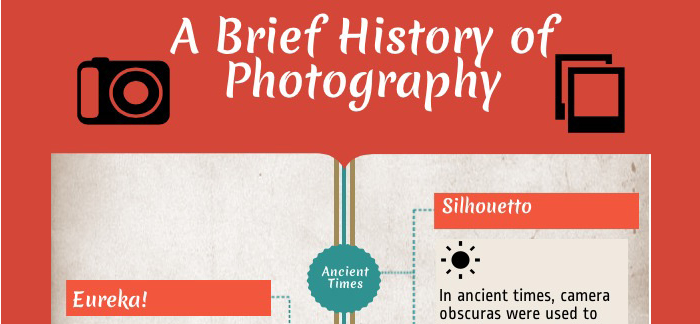The Yanomami controversy is one of the longest running disputes between scientists and ordinary people of a particular tribe or tribes. It has raised numerous questions over a span of forty long years about how scientists should operate, what scientific ethics are and various other moral aspects.
The Yanomami controversy is not the only one where scientists or medical professionals and researchers have been held guilty of conducting experiments or studies in an immoral manner and indulging in malpractices. From the health camps in Africa to aid centres in Pakistan, there have been many such controversies in the past. Today, there are fewer controversies but the possibility of another Yanomami controversy is not completely done away with.
The Yanomami, also known as Yanomama and Yanomamo, are an indigenous group of people native to Venezuela and Brazil. The 35,000 odd people forming a tribe live in the Amazon rainforest, mostly in the bordering areas of Brazil and Venezuela. There are about 250 villages where the Yanomami live and they are self sustained. They live a lifestyle away from the modern world and they have their own languages, beliefs, religions and customs. The Yanomami are said to have four languages or dialects, namely Sanuma, Yanam, Yanomamo and Yanomami.
The Yanomami controversy first started in 1967. It was in that year when some North American researchers had collected blood samples from the Yanomami Indians. The researches had managed to collect thousands of blood samples in a short period of time. The team of researchers comprised of James Neel, a geneticist, Napoleon Chagnon who was an anthropologist and there were many experts in biomedical research. They had taken the blood samples of the Yanomami Indians from Brazil and Venezuela without taking proper consent of the people and without even informing why their samples were being taken at all.
The researchers had committed two major mistakes which were unacceptable according to scientific ethics and according to moral standards. Human rights activists and champions of social justice did not come into the picture until much later. It was the Yanomami people who raised their voice and demanded that their blood samples be returned to them. The Yanomami controversy kept raging until 2010 when finally the researchers decided to return the samples, rather they agreed to meet the demand of the Yanomami people to return the samples.
There had been a very fierce debate across the world. Geneticists and anthropologists had taken a side and Yanomami Indians had taken their rightful sides. Fortunately, right minded people found that the claims of the tribal people were valid and eventually the Yanomami won what was the right thing to do in the first place.
But the Yanomami controversy took a long forty years before the tribe could be at rest. Davi Kopenawa, who was the primary Yanomami spokesman and also a shaman and spokesman, had said that neither did the scientists specify how the blood would be use nor did they take adequate consent from every individual. Besides, they did not know that the blood would be preserved.
As it turned out that the researchers had preserved the blood of those Yanomami Indians as well who had passed away in the subsequent forty years. This was completely against the Yanomami customs which stated that the departed must be cremated and none of their bodily parts or remains should be kept preserved or stored in any manner. All their mortal remains had to be burnt which was the primary segregator of the world of living from the world of the dead for the tribe. They did not want their ancestors’ blood samples to be preserved far away from them by some scientists or researchers. To quote Davi Kopenawa, he said ‘Nobody imagined that the blood would be kept in their freezers… We were all very sad when we realized that our blood and blood of our deceased ancestors was being preserved… Science is not a god who knows what is best for everybody. It is we Yanomami who know whether or not research is good for our people’.
The Yanomami controversy finally came to an end when the five research centres that had possessed and preserved the frozen blood samples of the Yanomami Indians for decades were compelled to return them to the Brazilian government. The government then passed on the same to the Yanomami tribes. Davi Kopenawa later said, ‘I am very happy that the white people have now understood the importance of returning the blood.’ He also stated, ‘We are going to return the blood of our ancestors to the waters… because our Creator, Omame, found his wife, our mother, in the river’.
The Yanomami controversy shed light on several aspects that are often overlooked while we make scientific progress and some mistakes that we may still be committing by commission or omission, somewhere.





